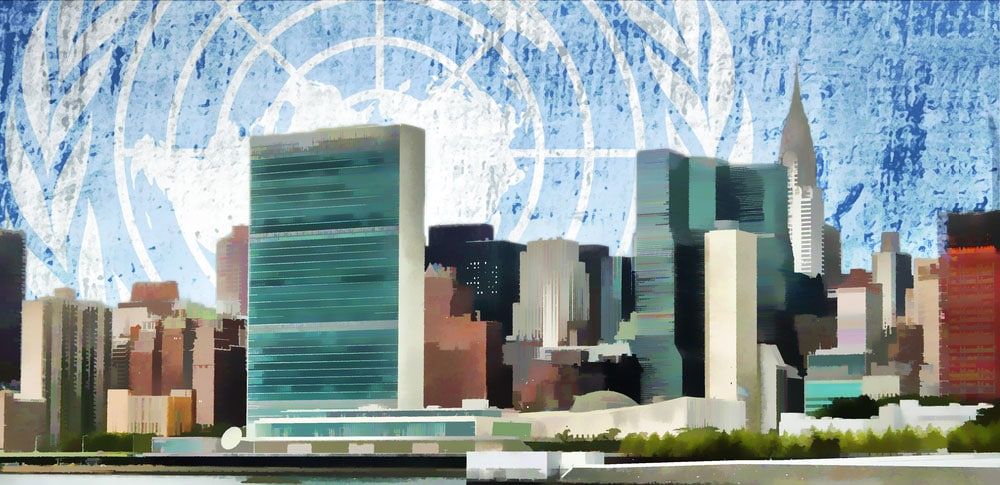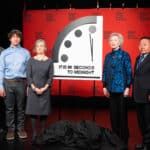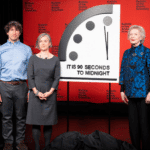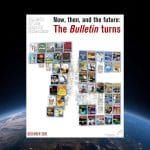As 120 countries push for a ban, nuclear survivors take the floor
By Ray Acheson | March 28, 2017

Over the past two days, about 120 governments have participated in nuclear ban talks at the United Nations, determined to move ahead even though nuclear-armed states like the United States are refusing to participate and pressuring allies to do the same. The high-level segment of the meeting, which invited government ministers and UN permanent representatives to speak, was scheduled to end on Monday but ran until lunchtime on Tuesday due to overwhelming interest. States continued to cite the “historic nature” of the negotiations, with the delegate from Liechtenstein observing that “the broad and high-level representation today shows strong political support for this process.”
A diverse set of delegations continued to set out their vision of the future treaty. Ghana, Honduras, Nigeria, Iran, New Zealand, Thailand, Trinidad and Tobago, Vietnam, and others suggested possible provisions for the draft text. These will be elaborated further in upcoming sessions on principles and objectives, legal measures, and institutional arrangements.
States clearly came prepared to the opening week of the conference, indicating their determination to negotiate this treaty despite the opposition of the nuclear-armed states. As Trinidad and Tobago said, “we stand on the precipice of history as we seek to shatter the chronic stalemate that has existed in the field of nuclear disarmament and non-proliferation for far too long.”
At the end of the high-level segment, civil society representatives were given the floor. Setsuko Thurlow, a survivor of the atomic bombing of Hiroshima, delivered a rousing speech on behalf of the International Campaign to Abolish Nuclear Weapons. “Whenever I remember Hiroshima, the first image that comes to my mind is my four-year-old nephew, who was transformed in an unrecognizable, blackened, swollen, melted chunk of flesh,” she said. She urged governments to establish a strong legal standard against nuclear weapons, declaring “in no uncertain terms that nuclear weapons are illegitimate, immoral and illegal.”
Sue Coleman-Haseldine spoke about her experience as a child during tests the British and Australian governments conducted in the South Australian desert near her birthplace. She called on governments to ensure that the nuclear ban treaty “acknowledge the permanent damage done to people, land and culture, across generations, and particularly for indigenous people worldwide.” The treaty, she said, “should require countries to address the needs of impacted people.”
Other civil society speakers included Yayoi Tsuchida of Gensuikyo (The Japan Council against Atomic and Hydrogen Bombs), Jasmin Nario Galace of Faith Communities Concerned about Nuclear Weapons, and Sergio Duarte of the Pugwash Conferences.
This post is part of Ban Brief, a series of updates on the historic 2017 negotiations to create a treaty banning nuclear weapons. Ban Brief is written by Tim Wright, Asia-Pacific director of the International Campaign to Abolish Nuclear Weapons, and Ray Acheson, director of Reaching Critical Will.
Together, we make the world safer.
The Bulletin elevates expert voices above the noise. But as an independent nonprofit organization, our operations depend on the support of readers like you. Help us continue to deliver quality journalism that holds leaders accountable. Your support of our work at any level is important. In return, we promise our coverage will be understandable, influential, vigilant, solution-oriented, and fair-minded. Together we can make a difference.
Topics: Announcement













